
Rethinking Education: My Vision for an AI-Enhanced Classroom
I've been thinking about what education could look like if we stopped fighting technology and started embracing it thoughtfully. After watching students treat learning like a completion game—focusing on grades rather than understanding—I started imagining a different kind of classroom. One where AI isn't the enemy of learning but the most patient tutor a student could have. My vision rests on four pillars: openly encouraging AI as a thinking partner during homework, replacing high-stakes exams with oral conversations that test genuine understanding, ending semesters with open-ended projects instead of forgettable finals, and creating real-time feedback loops that help teachers adapt. The hardest shift would be cultural: moving from "AI is cheating" to "AI is a thinking partner." But students are already using these tools anyway. What excites me most is imagining graduates who leave with genuine curiosity and confidence in tackling difficult concepts—students who know how to ask good questions, explain complex ideas clearly, and use AI to enhance rather than replace their thinking. The technology is ready whenever we are.
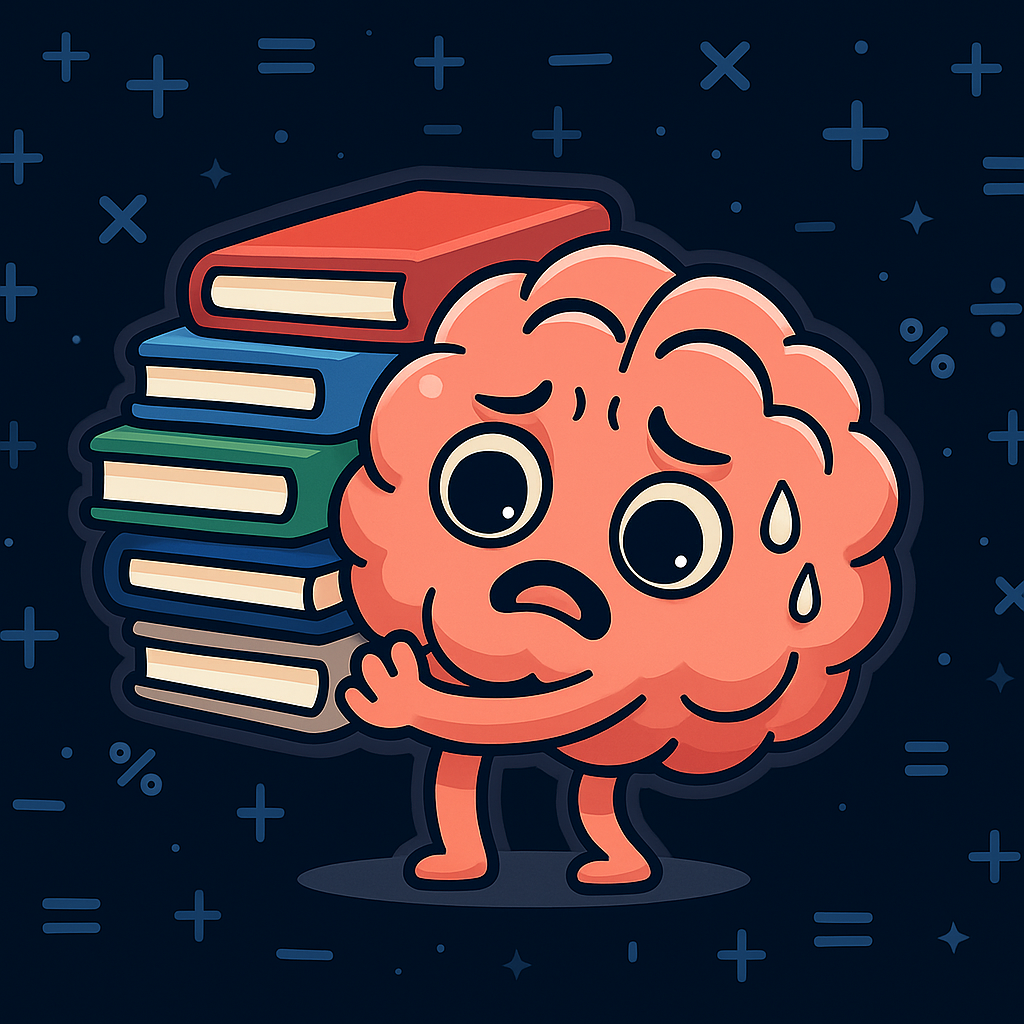
How I Actually Learn Complex Research Papers with AI (And Why You Should Too)
Last week I sat through a lecture completely lost, scribbling disconnected fragments while my professor explained complex concepts from a dense research paper. Instead of my usual struggle cycle of re-reading notes and frantically Googling terms, I tried something different: I uploaded the paper to Claude and started asking questions. Within an hour, concepts that seemed impenetrable became clear through simple conversation. When I asked "so it's literally just this basic process repeated?" Claude confirmed: "Exactly! You've understood the core algorithm perfectly." That validation—having my simplified understanding confirmed—was something no textbook could provide. I wasn't just accessing information; I was having a responsive dialogue that adapted to my exact confusion points. We're in a unique window where AI can serve as an infinitely patient tutor that never judges your questions and explains things as many ways as needed. The future of learning might not be about accessing information but about having better conversations with that information.
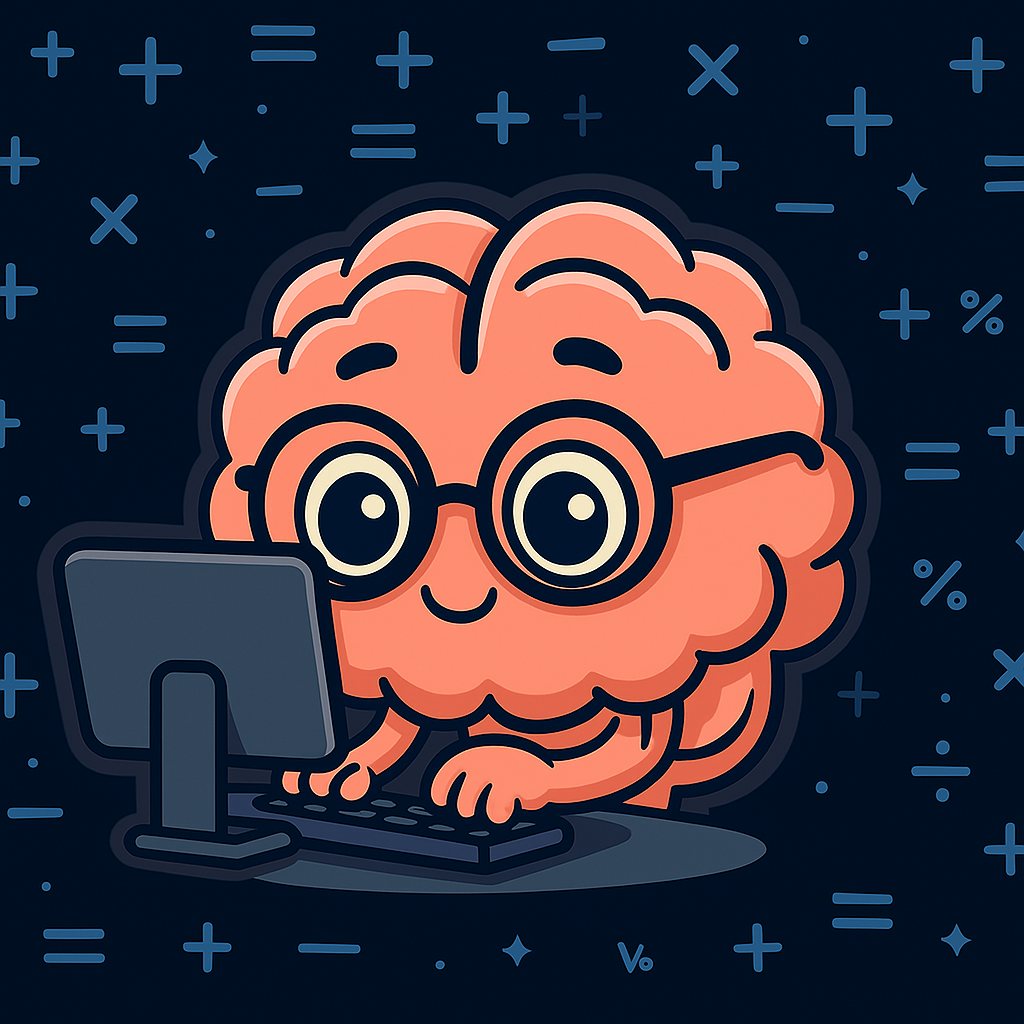
Why AI Can't Actually Do Your Math Homework (And What That Tells Us About Intelligence)
After six semesters of catching AI-generated homework, I've witnessed something remarkable: we're living through the last days where human stupidity and machine stupidity are visibly different. Right now, when students submit AI work, I can tell—not through detection software, but because AI fails in ways no human would. It uses PhD-level measure theory to solve Calc I problems. It brute-forces through 1000 integers instead of recognizing a simple pattern. These aren't random errors; they're systematic blind spots that reveal AI doesn't understand what "easy" means, what "elegant" looks like, or why mathematicians value insight over computation. Yet the same technology that fails your homework in these laughable ways just won gold at the International Mathematical Olympiad. This paradox isn't stable—it's a countdown clock. OpenAI's research shows they know exactly what's wrong and they're fixing it. Soon, AI will learn to mimic not just our answers but our problem-solving aesthetics. When that happens, we won't be able to tell anymore. The question isn't whether AI will do our homework—it's what happens to human mathematical thinking when machines can perfectly simulate it. Every brute-force solution I grade, every over-complicated proof I see, is teaching us what makes human intelligence special—right before it might not matter anymore.
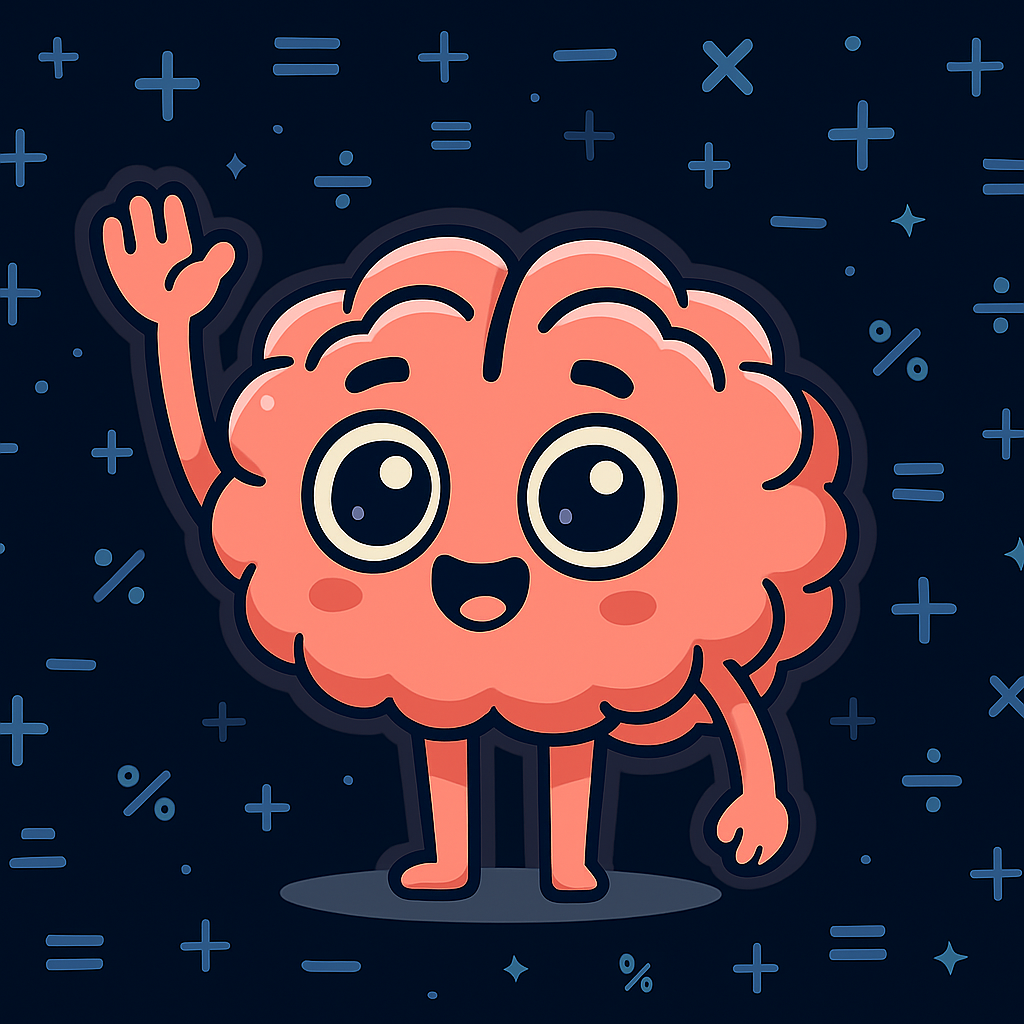
The Two-Way Street: What Great TAs and Smart Students Both Know
After six semesters of teaching everything from differential equations to machine learning, I've discovered that the TA-student relationship isn't just educational—it's transformational for both parties. But only when both sides understand how to make it work. Students ask questions that force TAs to understand concepts from angles they never considered. TAs provide the patient explanations that professors don't have time for. Yet most people treat this relationship as one-directional: TAs dispense knowledge, students receive it. That's backwards. The reality is that teaching is learning at 10x speed, and smart students know their TA isn't just a hint dispenser—they're a translator between professorial expertise and student understanding. I'll share what great TAs know about the art of not giving answers (and why that's actually kind), what smart students understand about asking questions that make TAs want to help, and why this two-way street matters far beyond the classroom. The best learning happens when both sides recognize they're in it together.
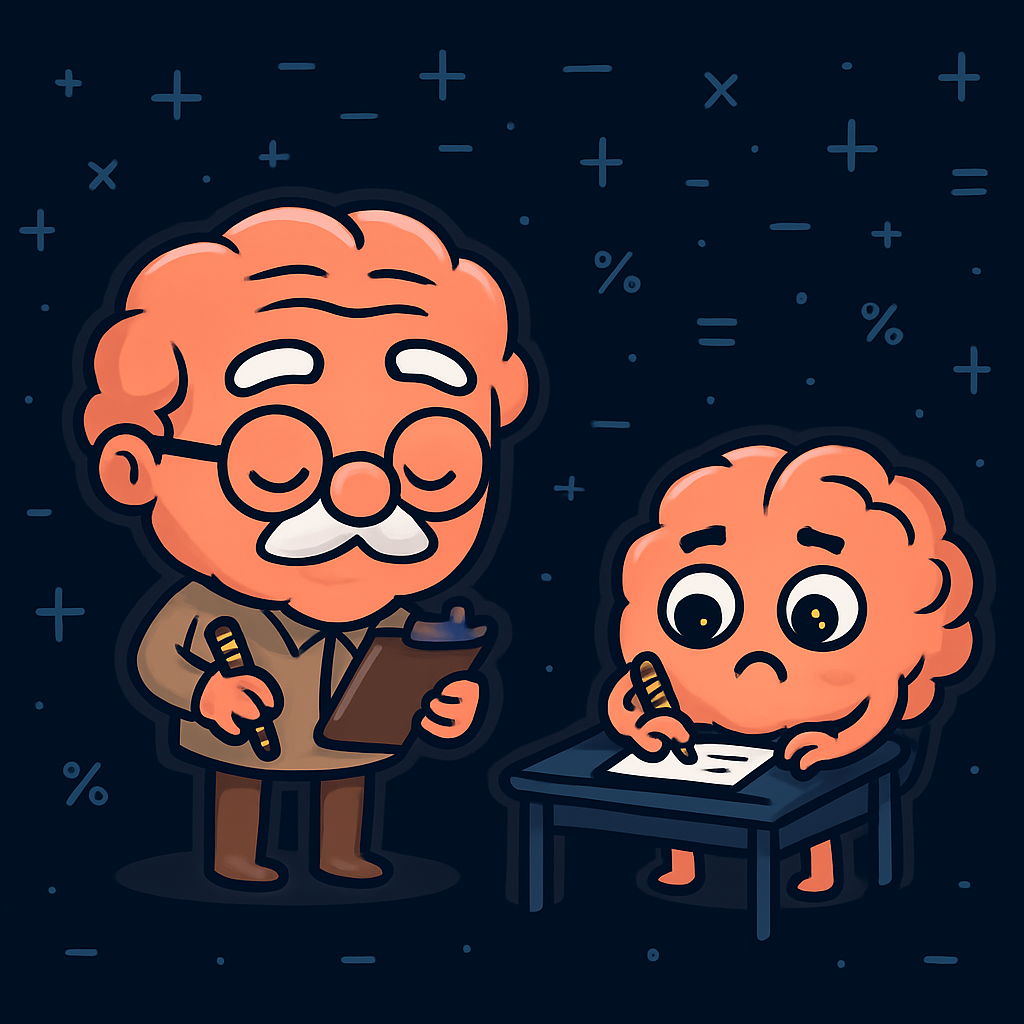
After 5,000 Homework Assignments, I Know Why Math Fails Students (And How We Can All Do Better)
We've convinced ourselves that math struggles are inevitable—that some students are just "math people" and others aren't. But after grading over 5,000 homework assignments across multiple math courses, I've discovered the real problem: we're teaching students to memorize formulas without learning to recognize which problems require which solutions. Students can execute complex procedures flawlessly when told which one to use, but freeze when they have to identify the right approach themselves. This isn't a talent issue—it's a teaching issue. The solution requires changes from both students and educators. I'll share three strategies for students to develop better pattern recognition skills, and three changes educators can make to teach problem-solving strategy over procedural execution. Math isn't hard; we've just been approaching it backwards.
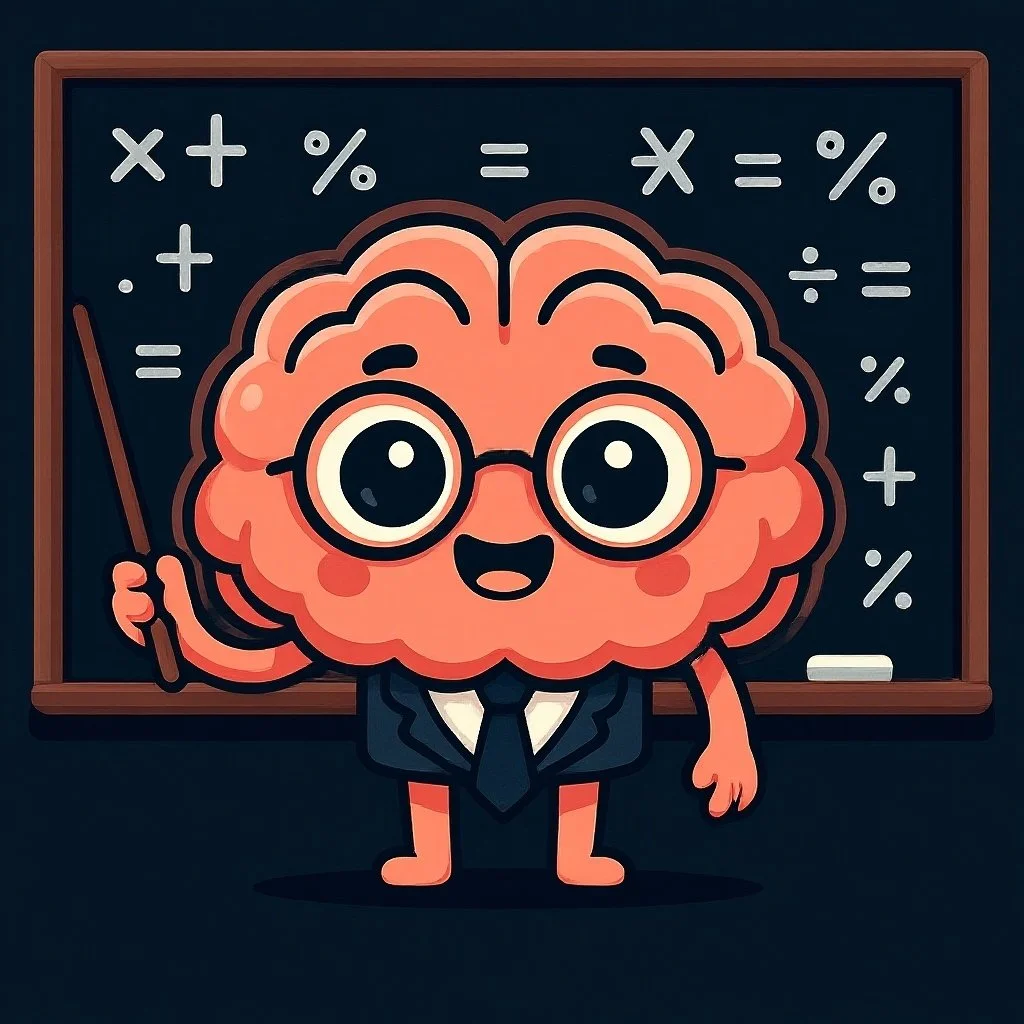
Why Calculus Shouldn't Be the End Goal of High School Math
We've convinced ourselves that calculus represents the pinnacle of high school mathematics, but we're selling students short. While calculus certainly has its place, the mathematical universe offers far richer territory: proof-writing that teaches logical reasoning, linear algebra that powers modern computing, probability theory that governs daily decision-making, and operations research that solves real-world optimization problems. Most of these subjects don't require calculus at all, yet they're more immediately applicable to students' lives. When I can explain probability's importance in thirty seconds but need to pause before defending calculus, something's wrong with our priorities. It's time to stop treating math as a single track leading to one destination and start showing students the diverse landscape of mathematical thinking that awaits them.
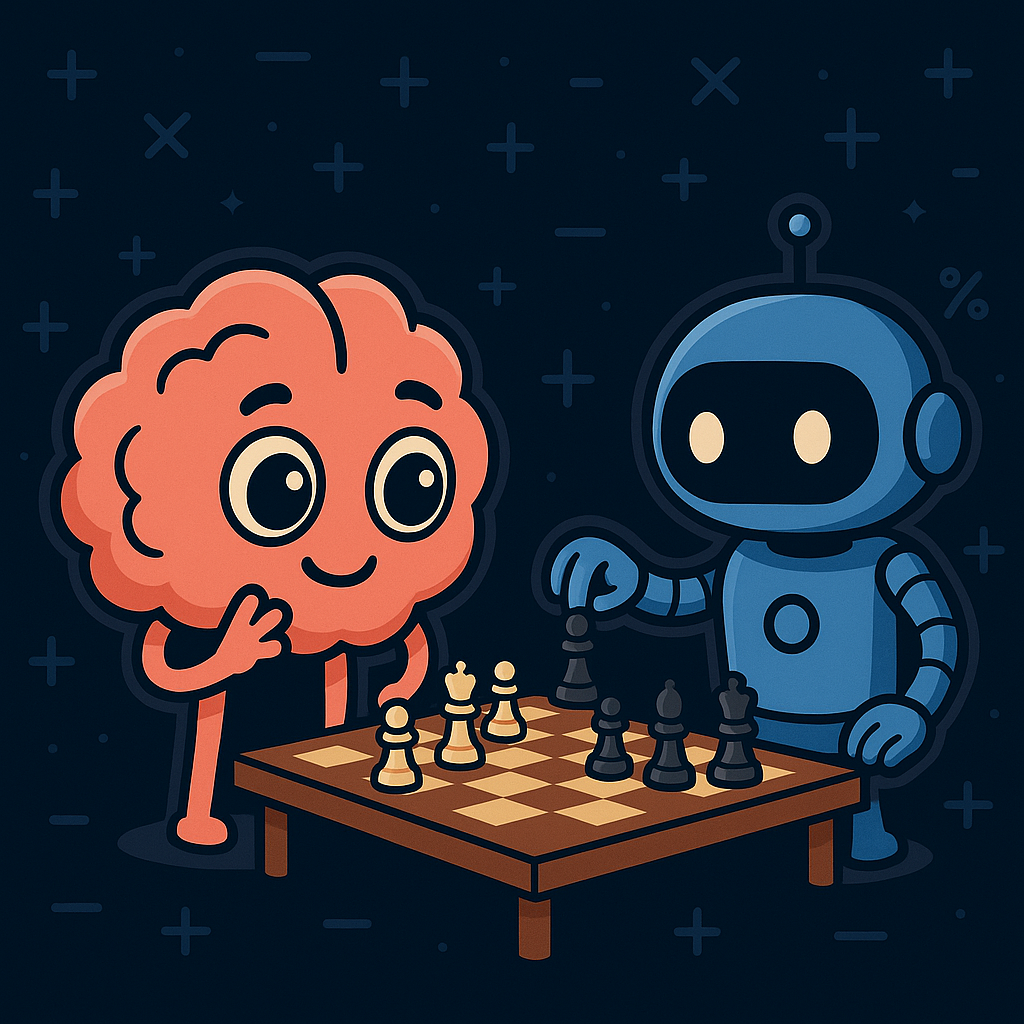
Why Competitive Math Matters More Than Ever in the Age of AI
AI can now solve most traditional math problems, but competitive mathematics trains a different kind of thinking—the ability to tackle problems with no obvious solution. When you prove that every number can be written as the sum of two composite numbers, you're not applying memorized formulas; you're developing mathematical maturity. This type of creative problem-solving, where you need multiple "aha moments" chained together, becomes more valuable as AI handles routine calculations. It's training for a world where the interesting work requires genuine mathematical insight, not just pattern recognition.

Exploring the Future of Math Education: Intuition, Algorithms, and Engaging Content
Math education is broken because we teach formulas first and expect students to find meaning later. What if we flipped it? Starting with real problems and intuitive understanding, then building up to formal definitions. Computer science shows us how—algorithms like file organization and exploration vs. exploitation solve actual problems we face daily. That's why I'm creating content focused on probability and math finance, using animation and storytelling to make abstract concepts click. This is my first blog exploring these ideas, and I'd love your suggestions on what mathematical stories are worth telling.